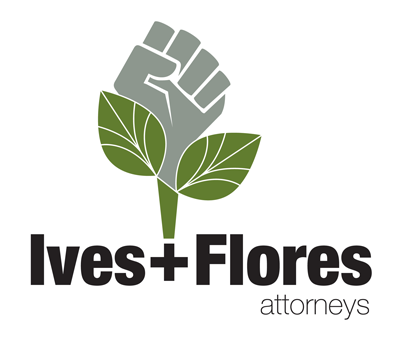U.S. citizens have many constitutional rights. The First Amendment, for example, protects people’s freedom of speech, press and religion. The Fifth Amendment protects people from making self-incriminating comments that may be used against them. An important constitutional right that people should be aware of is the Fourth Amendment.
The Fourth Amendment protects people from unreasonable searches and seizures. This means the police must have consent, probable cause or a warrant before they can search a person’s property. Essentially, the Fourth Amendment protects people’s private lives. When the police violate someone’s Fourth Amendment rights, it may be important to understand the following:
Evidence can’t be used against you
If the police search and seize a property without consent, probable cause or a warrant, then the evidence collected would be excluded from a legal case. The following three examples that can help explain how the Fourth Amendment might work:
- The police force their way into a home and find evidence of drug use. Without consent from the occupant or homeowner, probable cause or a warrant specifying what part of the house could be searched, the illicit drugs and weapons may not be used in court.
- The police arrest someone walking down the street carrying a backpack. The backpack contained a weapon. If the police had no reasonable cause or warrant for the arrest of the person, then the gun could not be used against them in court.
- Going back to the previous example, the person with the backpack could have an address that stated where they could buy guns. The location did have a dealer, but the evidence could not be used because there was an illegal search and seizure. Evidence found this way can not be used under the “fruit of the poisonous tree” doctrine.
An unreasonable search and seizure can violate your right to privacy. Unreasonable searches have violated many people’s constitutional rights. If you believe your constitutional rights were violated, then you may need to learn about your legal options.
